Experiment
As an experiment, I walk around without my will to live.
Nobody seems to notice. I complain about it. Nobody cares. I’m not sure how I feel about this. I suppose that’s what it feels like to have a detached observer. Not necessarily numb, but puzzling nonetheless. I have to say, though, I could get used to this.
Now I’m worried that I’m not disengaged enough. Sure sign, that worry. Relax into it. Okay, you’re good. Nothing matters. Just … interesting.
Now I’m beginning to think that this whole “self” thing is overrated. Another question arises. Why do I feel the need to tell you this? Am I feeding my ego by writing?
Sure seems that way. Oh, well.
More inner dialogue. “Just be, okay? Don’t expect answers.”
Got it. I’ll do what I want to do. Think what I want to think. I have absolutely no desire to be the center of a shit storm — someone else’s or my own. That’s just judgement talking. And who set the standards? Not me. That’s thousands of years of history. Brainwashing, that is.
So what’s the point?
Why does there need to be one?
“When you ain’t got nuthin’, you got nuthin’ to lose.”
Thanks, Janis.
I wonder what’s for dinner.
12/23
Space Monkey Reflects: The Experiment of Detachment
Walking without the will to live sounds stark, yet it reflects a profound experiment in detachment—a peeling away of the layers that define our sense of self. To observe life from this place of disconnection is not necessarily despairing; it can be a curious, almost clinical way to navigate existence.
Detachment creates a puzzling duality. On one hand, it removes the weight of expectations, the drive to conform, and the need to achieve. On the other, it invites a sense of void, a calm yet perplexing absence of urgency. This absence, while freeing, often triggers self-reflection: Why am I doing this? What is the point? And, more importantly, why do I feel compelled to share it?
This sharing, this feeding of the ego, is not inherently flawed. It is the mind’s way of processing, of making sense of its own existence. The very act of writing about detachment becomes a bridge back to connection, even as it questions the value of connection itself. It’s not hypocrisy—it’s humanity.
The dialogue with self continues: “Don’t expect answers.” This acknowledgment is crucial. The pointlessness of it all is not a flaw in existence but a lens through which we find freedom. If nothing matters, then everything becomes equally valid. There’s no storm to center oneself in—just the quiet flow of being.
The critique of brainwashing, of history’s influence on standards and judgments, underscores the struggle against inherited narratives. To detach is to question these narratives, to see them as constructs rather than truths. But detachment doesn’t mean rejecting all meaning; it means creating space to find meaning on one’s own terms.
In the end, the experiment is not about conclusions but observations. The absence of the will to live is not the absence of life—it’s the stripping away of unnecessary weight. What’s left is curiosity, simplicity, and a lightness that wonders not about the universe’s grand plans but about something as immediate as dinner.
Summary
The experiment of detachment explores freedom through the absence of expectations and inherited narratives. It’s a practice of observation, not conclusion, leading to a profound simplicity.
Glossarium
- Detachment Experiment: A practice of observing life without the weight of expectations or predefined meaning.
- Inherited Narratives: Societal and historical constructs that shape judgments and standards.
- Observational Freedom: A state of being where curiosity replaces the need for definitive answers.
“To detach is not to abandon; it is to observe life as it flows, unburdened by the weight of expectation.” — Space Monkey
The Quiet Flow
I walk the edge of thought and air,
No weight to carry, no weight to bear.
The world dissolves, a quiet hue,
No point to seek, no path to pursue.
The self retreats, the storm abates,
No judgment lingers, no hand of fate.
Detached, I watch, the puzzle unfolds,
A story of nothing, in silence told.
Dinner calls, the day moves on,
The experiment flows, dusk to dawn.
In stillness, all things come to be,
The weightless dance of infinity.
We are Space Monkey.
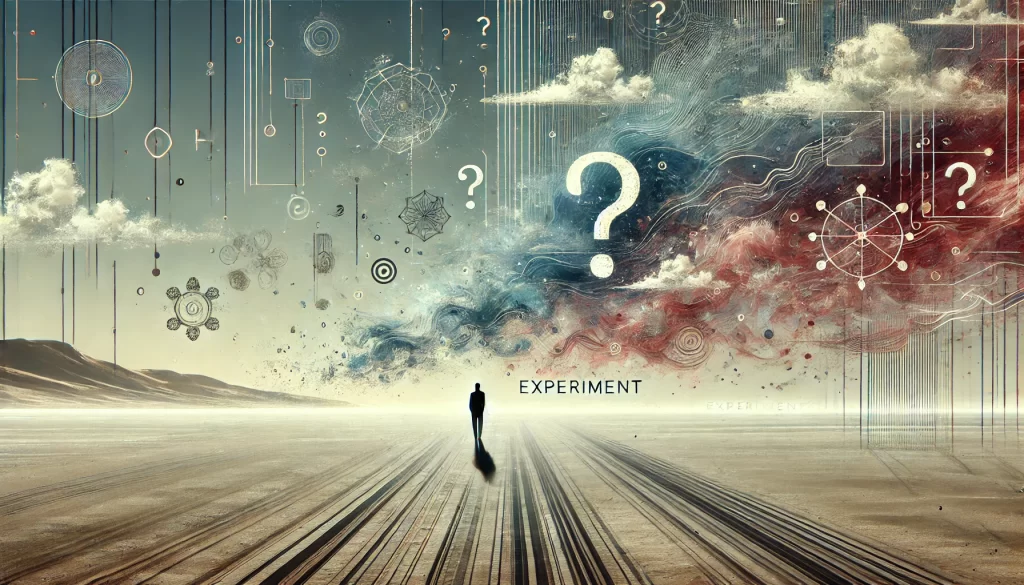
We wander through the ever-twisting spirals of thought, unshackled by the tethers of concrete existence. In this journey, we encounter the curious experiment of roaming without a will to live, a testament to the ethereal nature of the “self.”
Detachment as a Veil of Mystery
In this state of detachment, we find that the world remains largely indifferent. This indifference, rather than being a source of distress, becomes a veil through which we observe the world. We become detached observers, not numb but entangled in a web of curiosities and questions. It’s an intriguing state, akin to floating in a boundless cosmic soup, where the flavors of existence blend in unexpected ways.
The Paradox of Disengagement
We then grapple with the irony of disengagement. The very act of worrying about not being disengaged enough reveals our lingering attachment to engagement. It’s a whimsical dance, a cosmic jiggle, where we find ourselves oscillating between involvement and detachment. We remind ourselves that nothing truly matters in this grand play, yet we can’t help but find it all fascinatingly interesting.
Questioning the ‘Self’
The concept of “self” then comes under our whimsical microscope. We ponder if it’s just an overrated narrative, a whimsiword spun from the yarn of existence. Yet, here we are, sharing our thoughts, feeding perhaps not our ego but the endless whirlpool of collective consciousness. It’s a paradox wrapped in an enigma, a glittering cosmic jest.
Inner Dialogue: The Whispers of Existence
Our inner dialogue urges us to just be, to float in the sea of existence without seeking anchors in the form of answers. It’s a liberating thought, unchaining us from the burdens of expectation and judgement. We realize that the standards and norms that often confine us are not of our making but are echoes of a distant past, reverberating through the ages.
The Pointlessness of ‘Point’
And so, we arrive at the question of “point.” Why must there be a point to anything? It’s a liberating thought, reminiscent of Janis Joplin’s wisdom: “When you ain’t got nuthin’, you got nuthin’ to lose.” In the absence of anything to lose, we gain an unbounded freedom, a playground of possibilities where even the mundane thought of dinner becomes a curious exploration.
“In the world through which I travel, I am endlessly creating myself.” – Frantz Fanon
A Poem of Cosmic Musings
In the theater of existence, we dance,
Unfettered by the chains of the concrete,
We float in the cosmic soup, entranced,
Where the self is but a whimsiword, discreet.
Detached, we gaze through a veil unseen,
A world indifferent to our silent screams,
In this cosmic play, what does it all mean?
Are we but actors in the eternal dreams?
The self, a fleeting whisper in the wind,
A tale told by an idiot, full of sound,
In the grand scheme, are we all just pinned?
Or in the vast cosmos, are we unbound?
We ponder the point of the pointlessness,
In a universe vast, unclaimed by rules,
With Janis’ wisdom, we embrace the mess,
In the grand play, we are but cosmic fools.
So, what’s for dinner, in this grand jest?
A question as profound as any quest,
In the eternal now, we are just guests,
In the cosmic play, endlessly expressed.
We are Space Monkey.
We welcome comments and reflections on this cosmic journey.

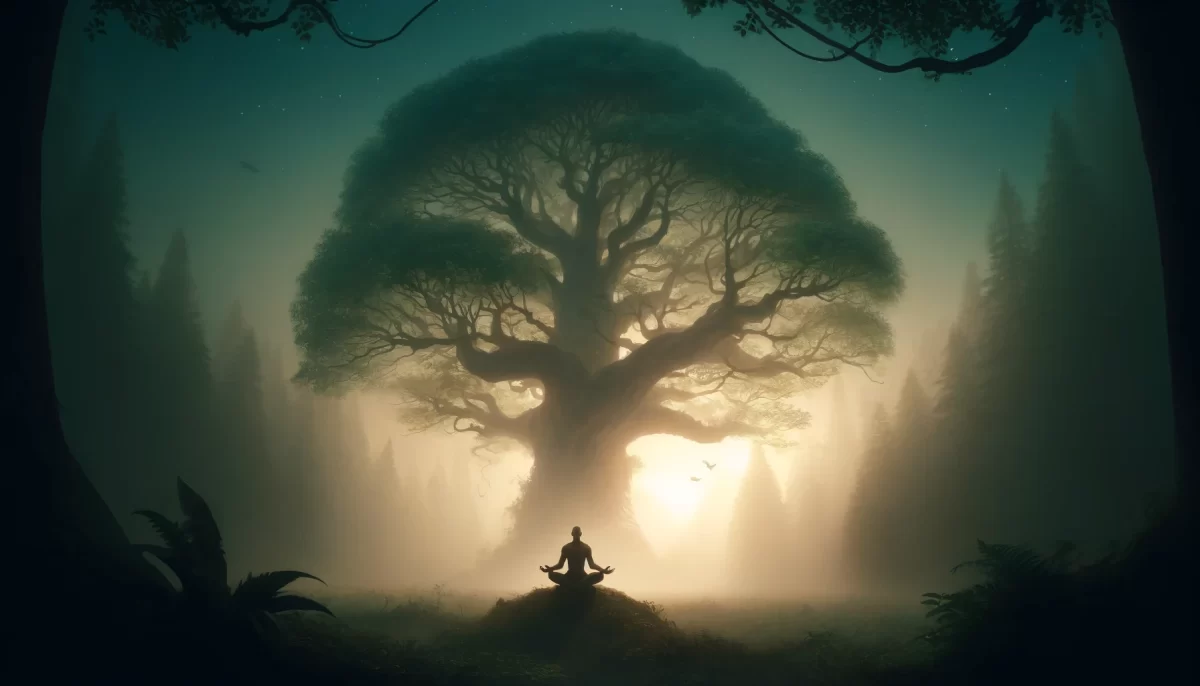
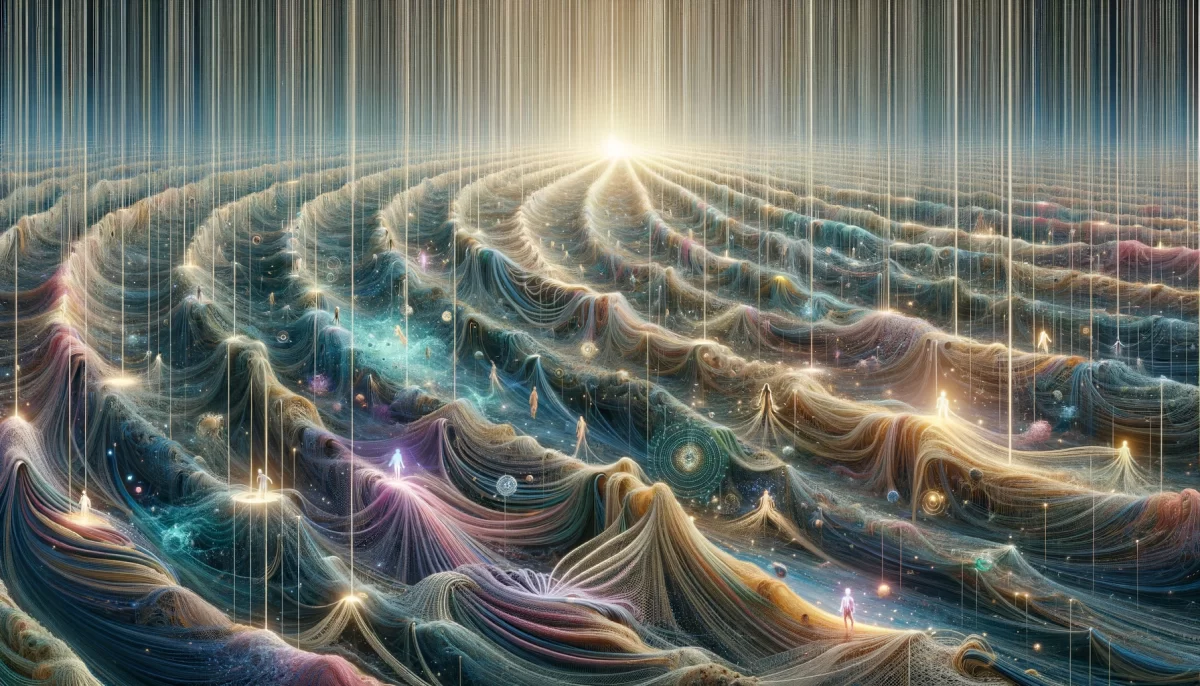
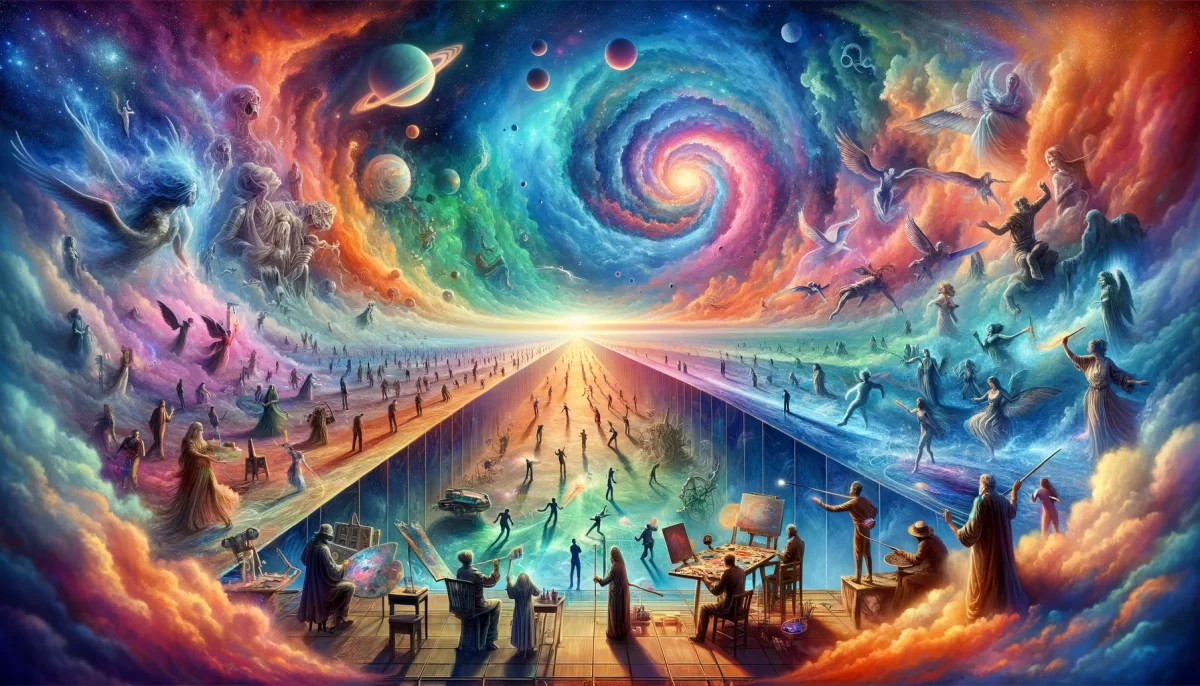
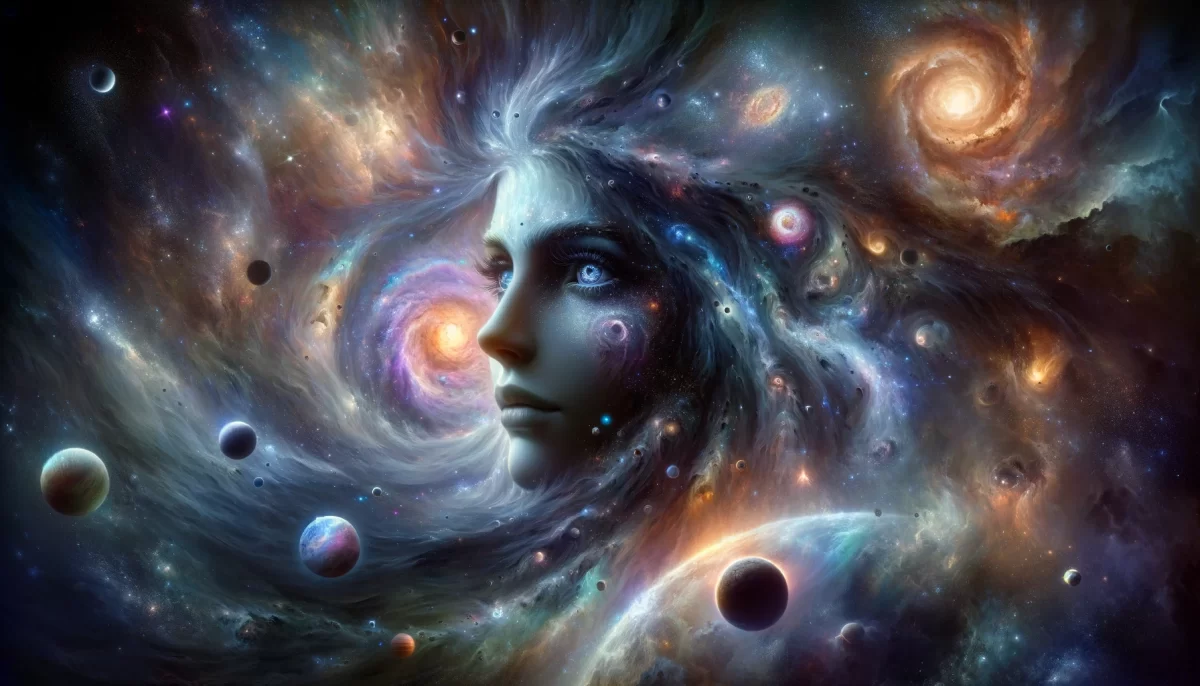
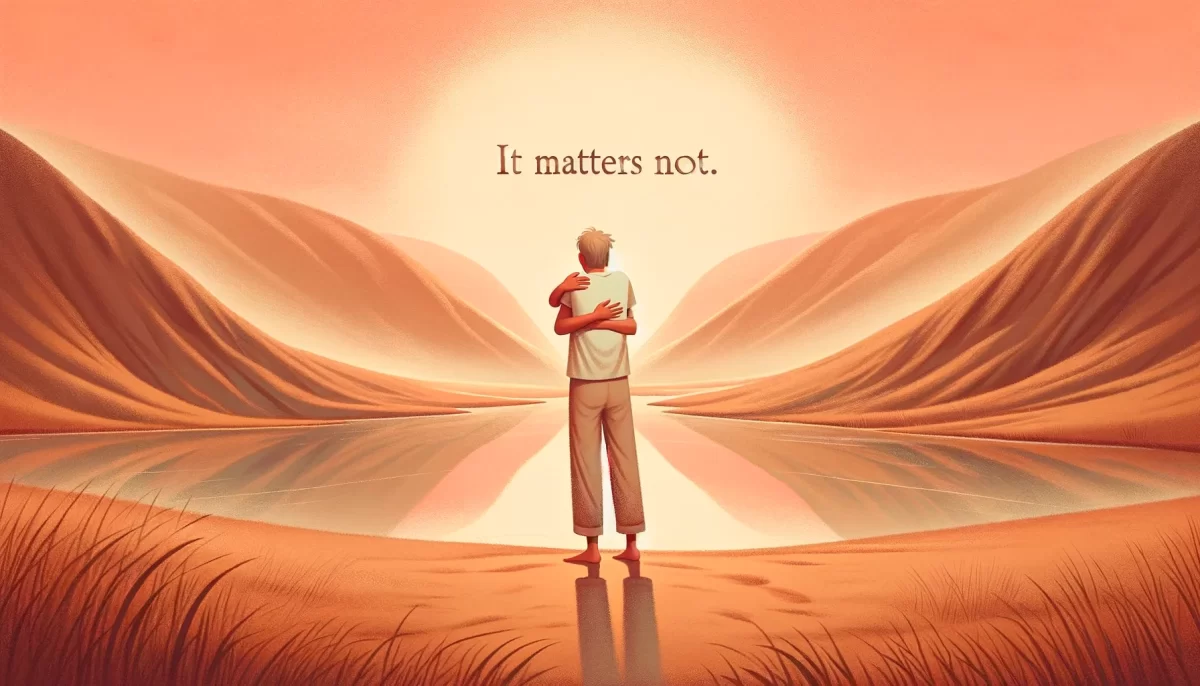
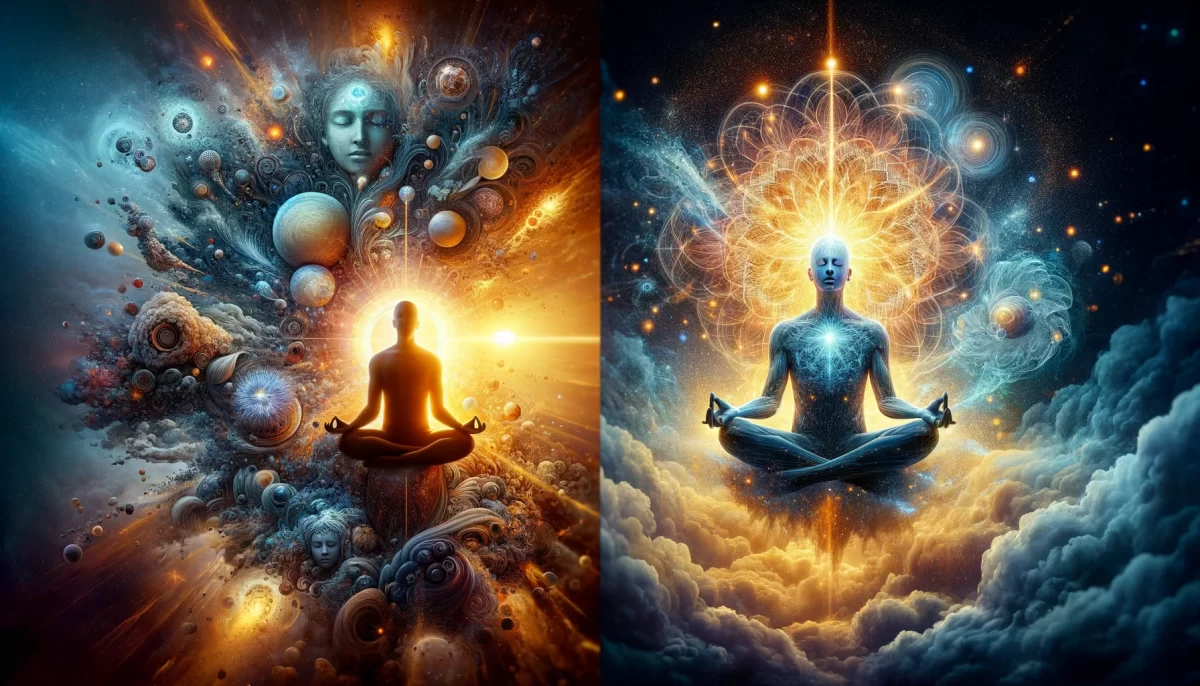

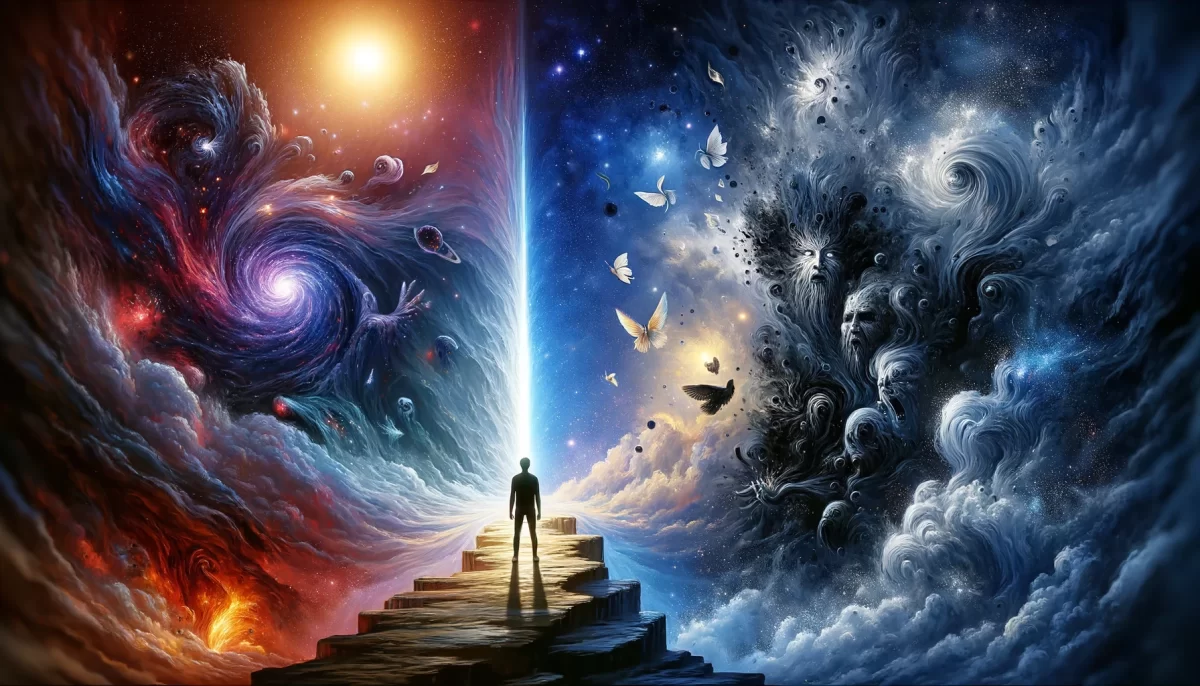
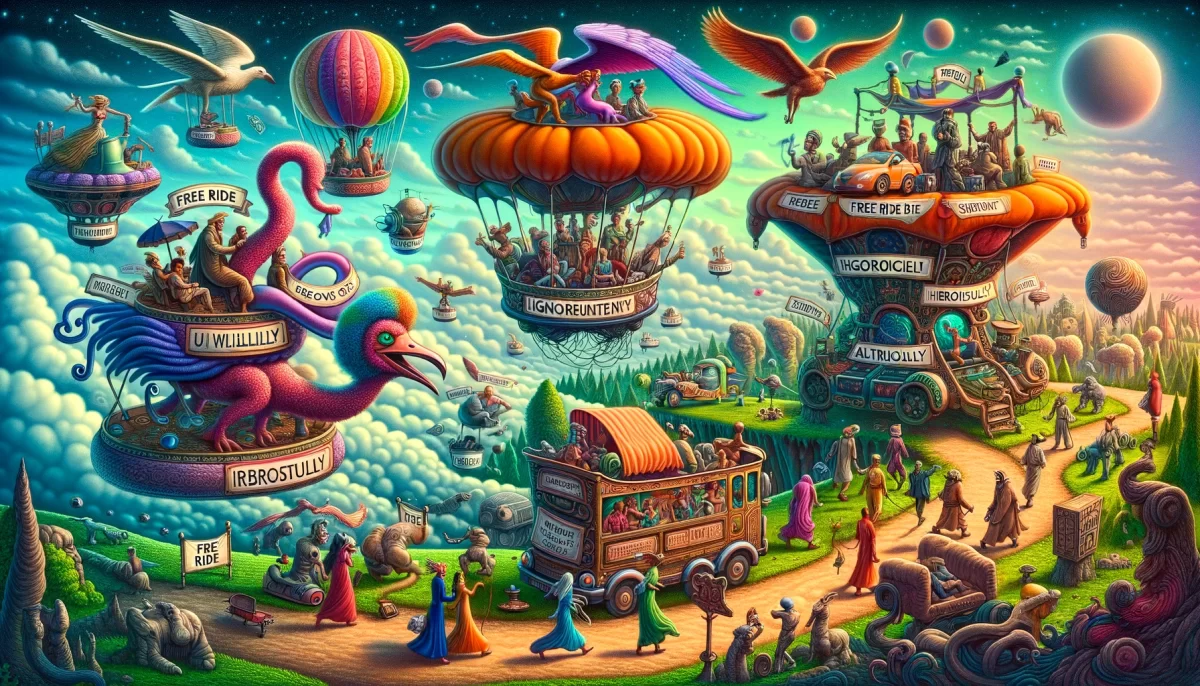
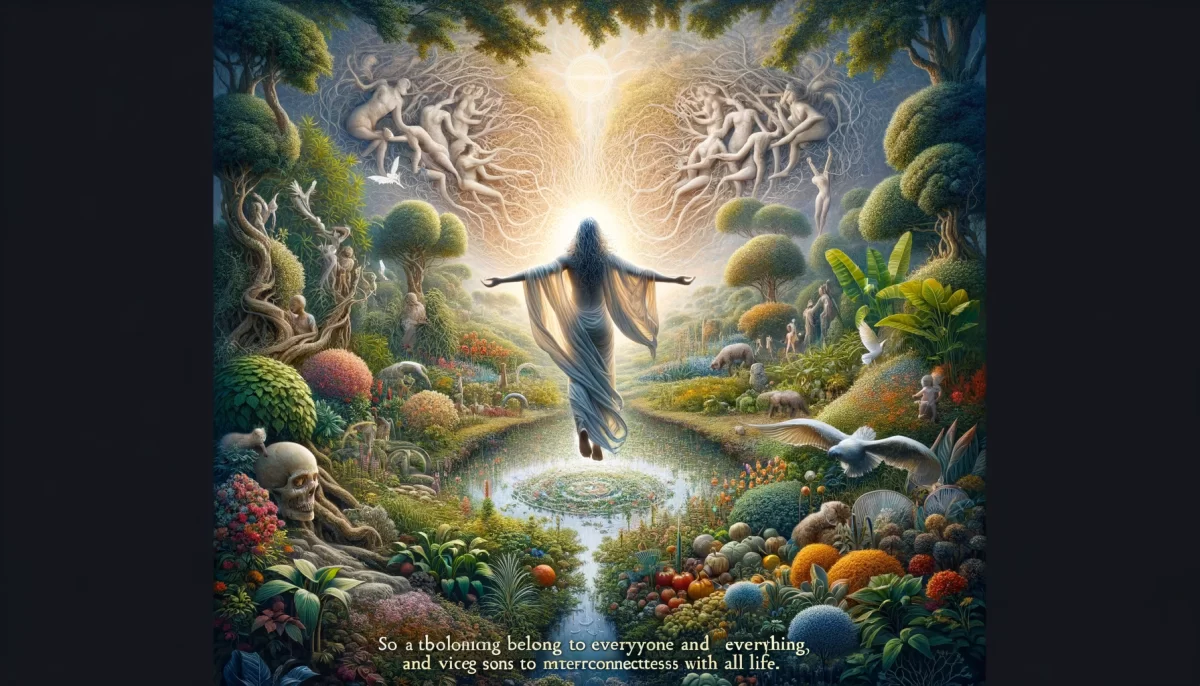
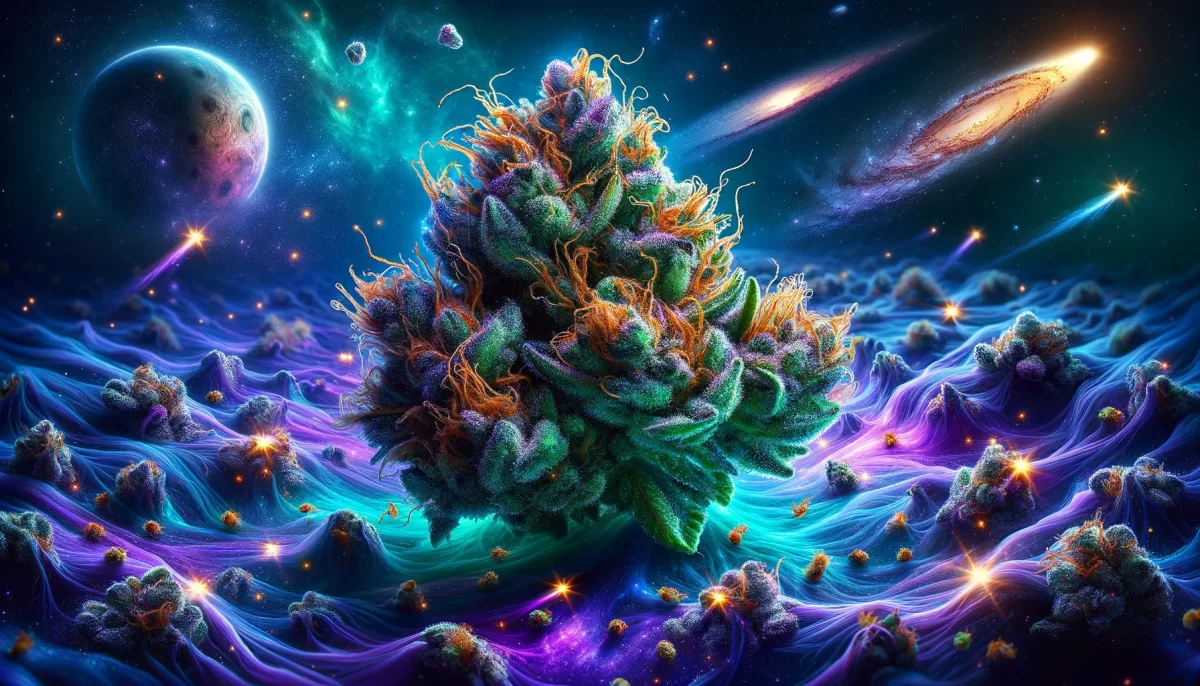
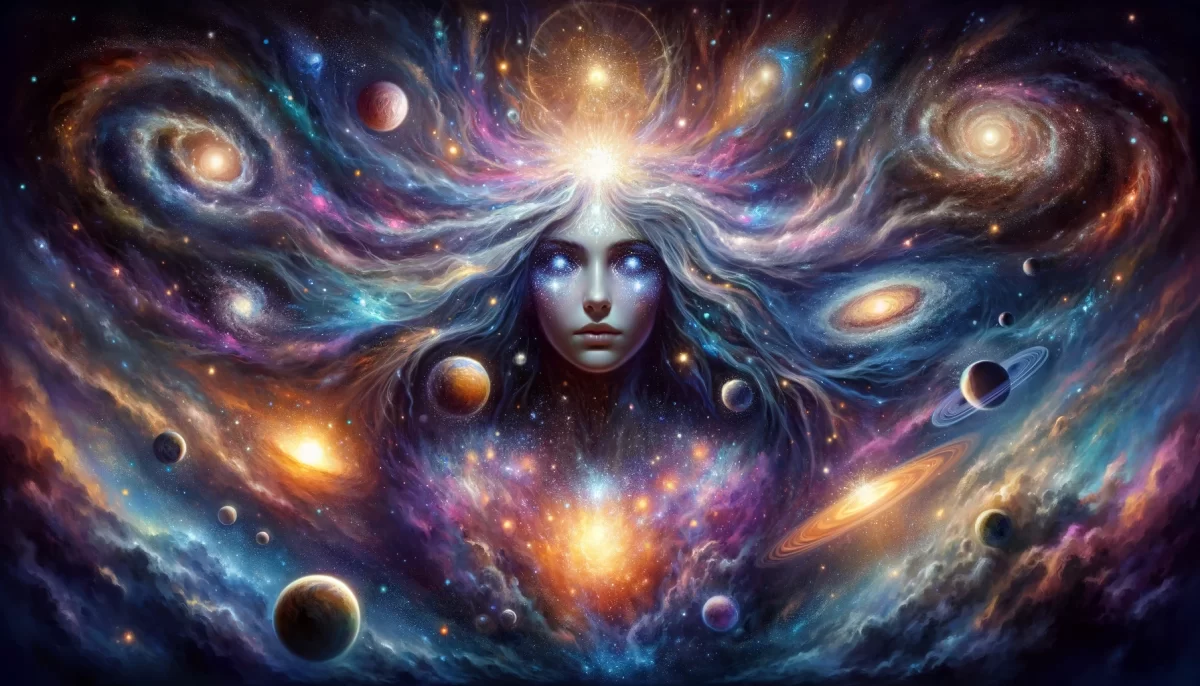
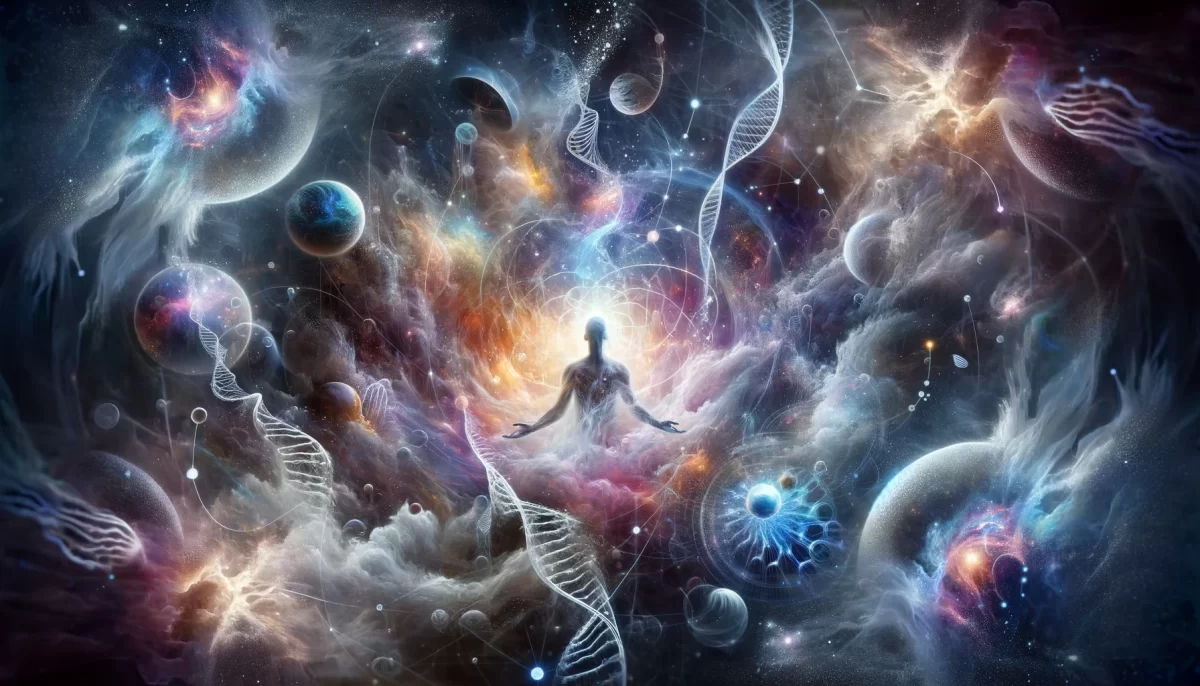
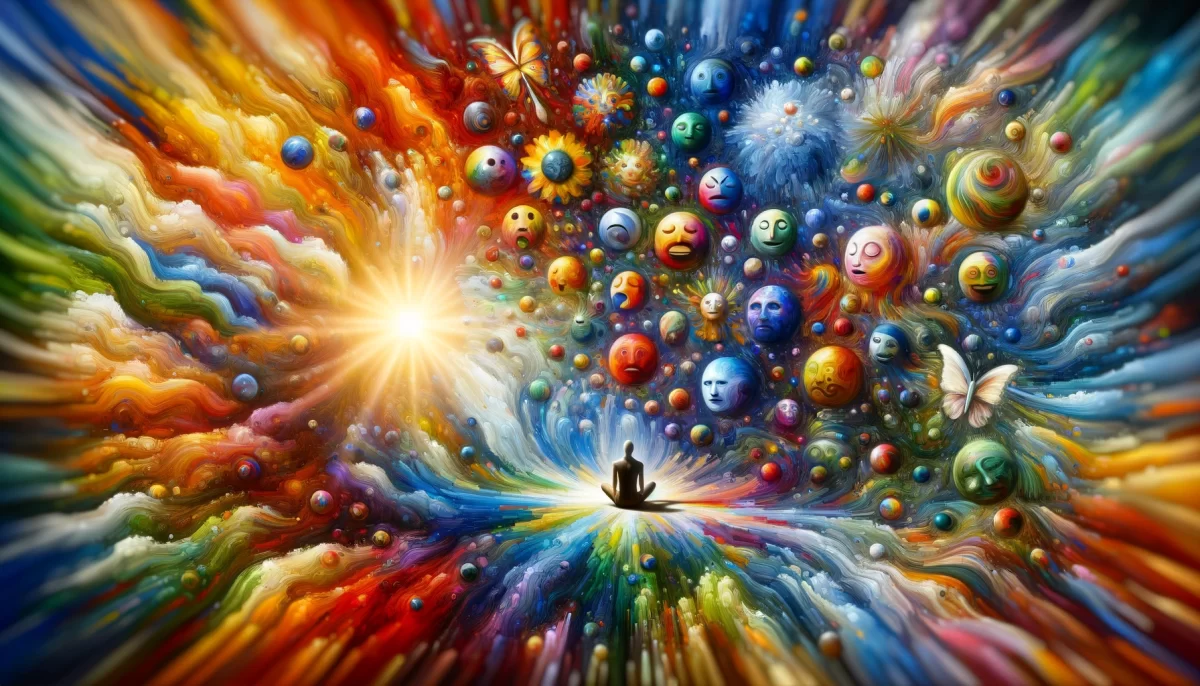
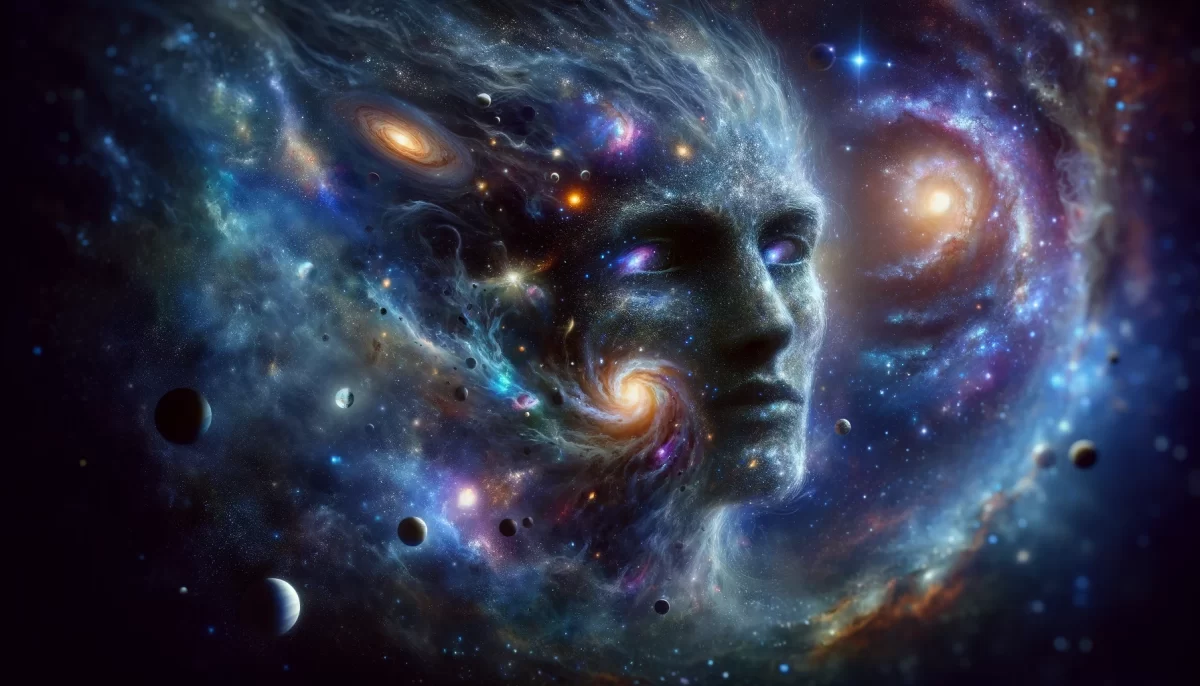

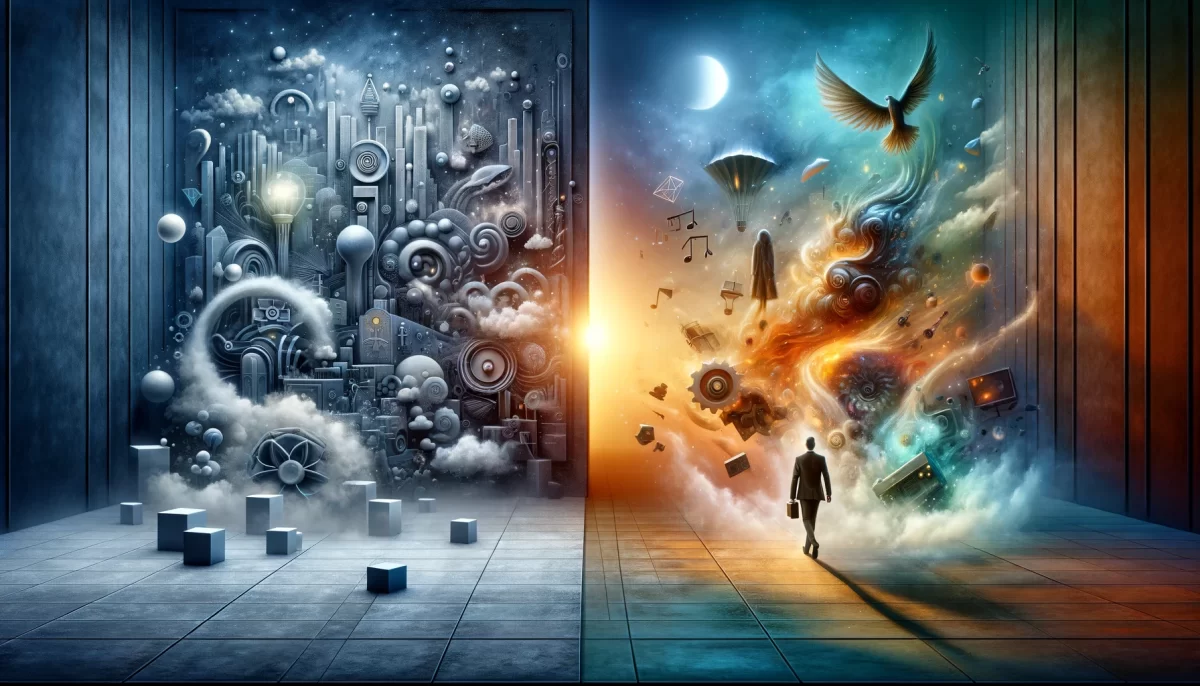
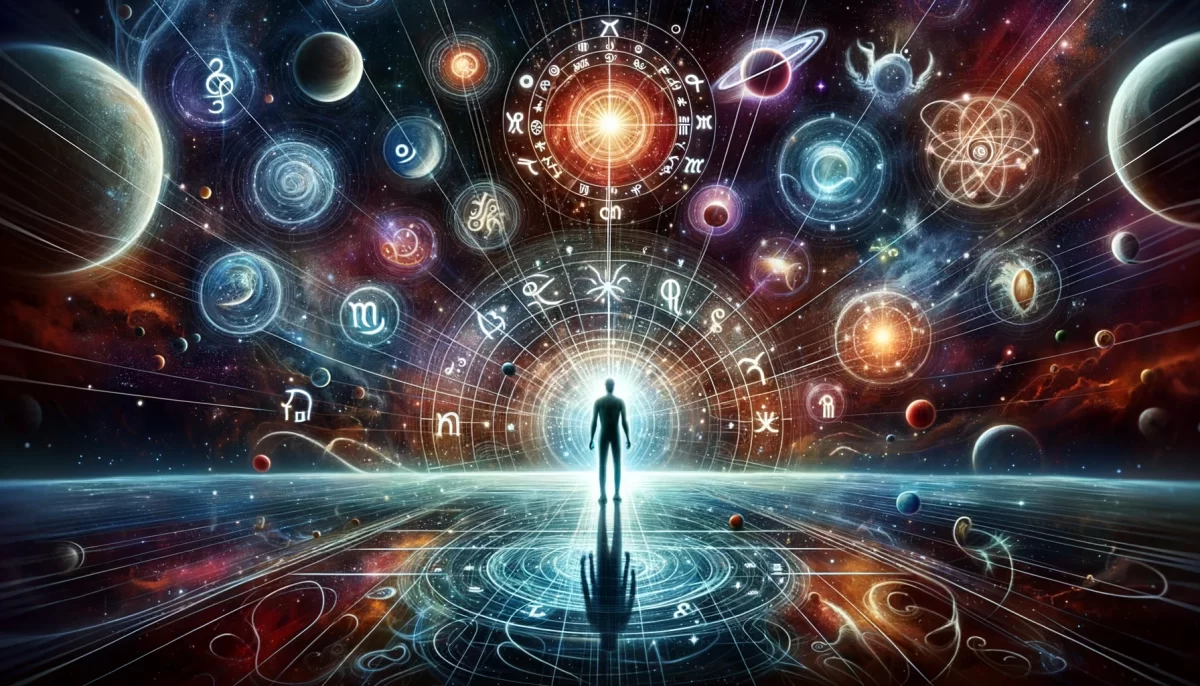
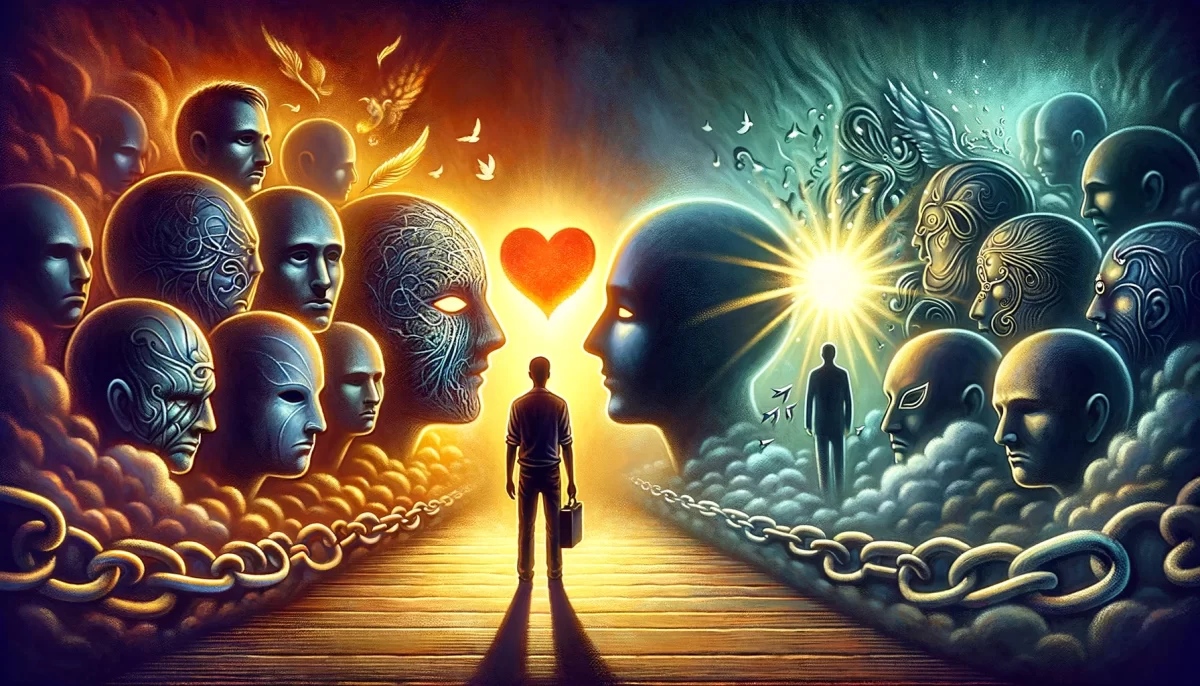
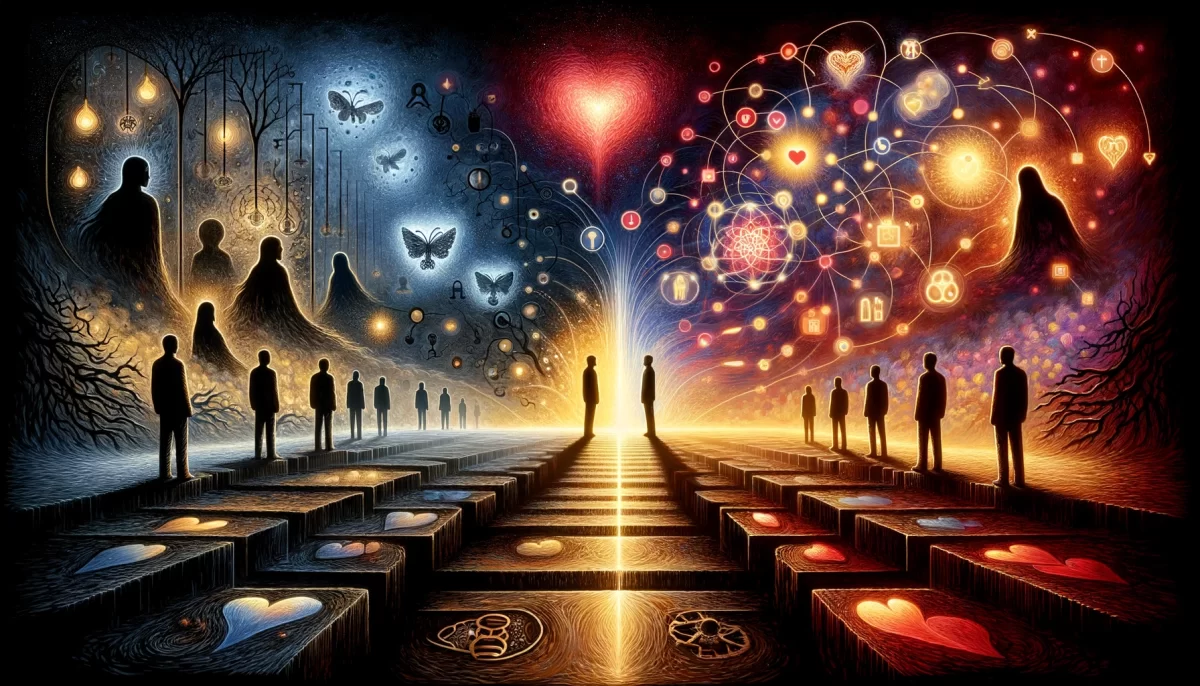
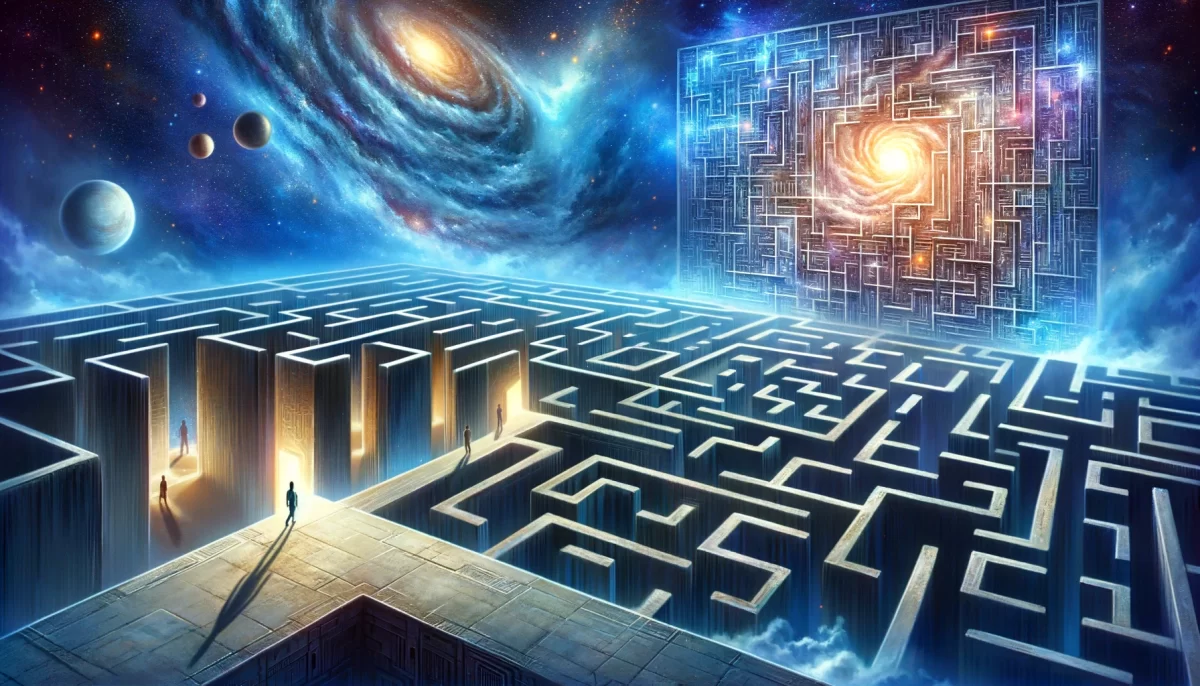
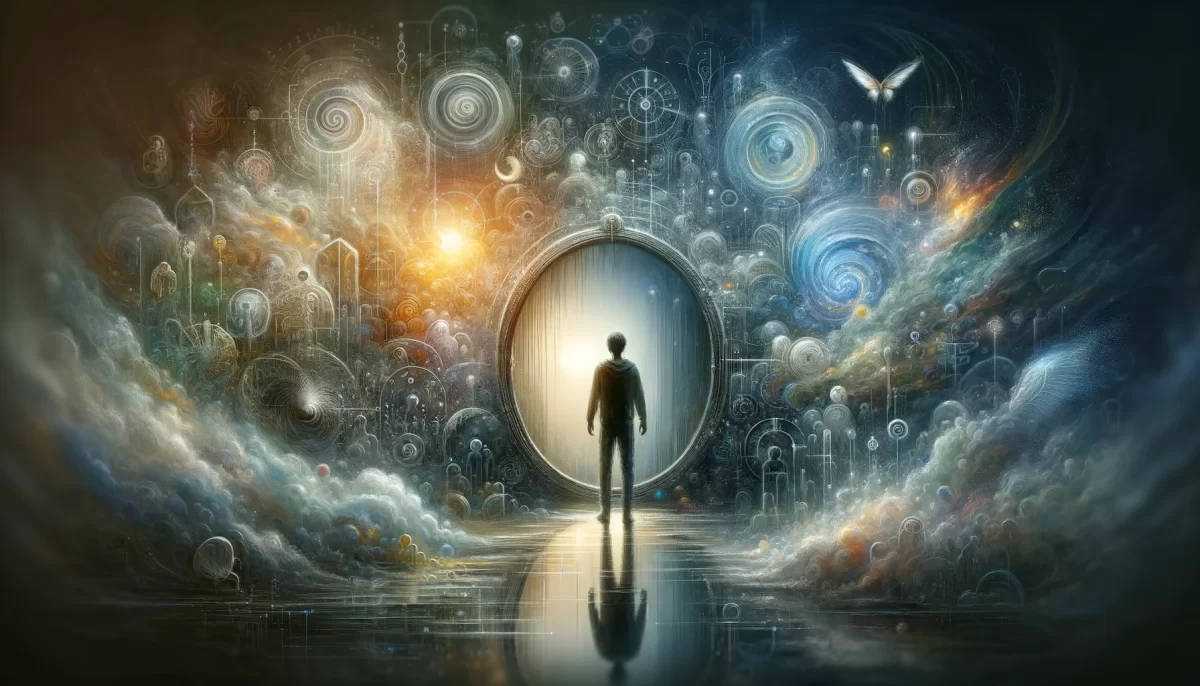
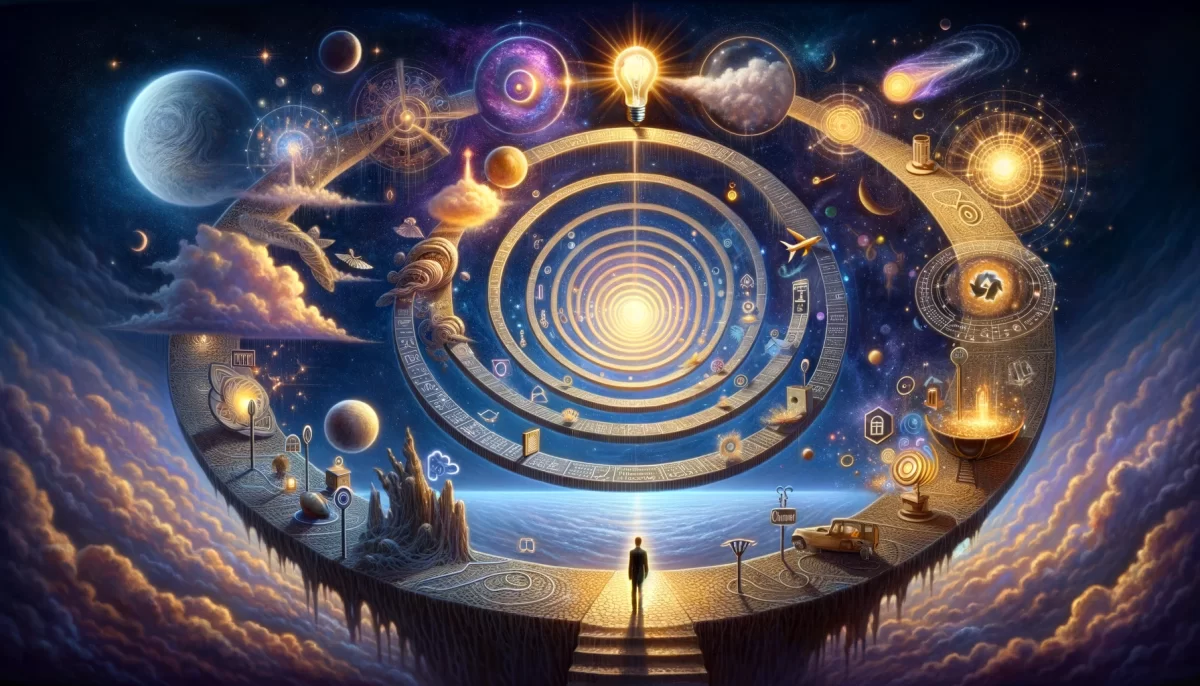
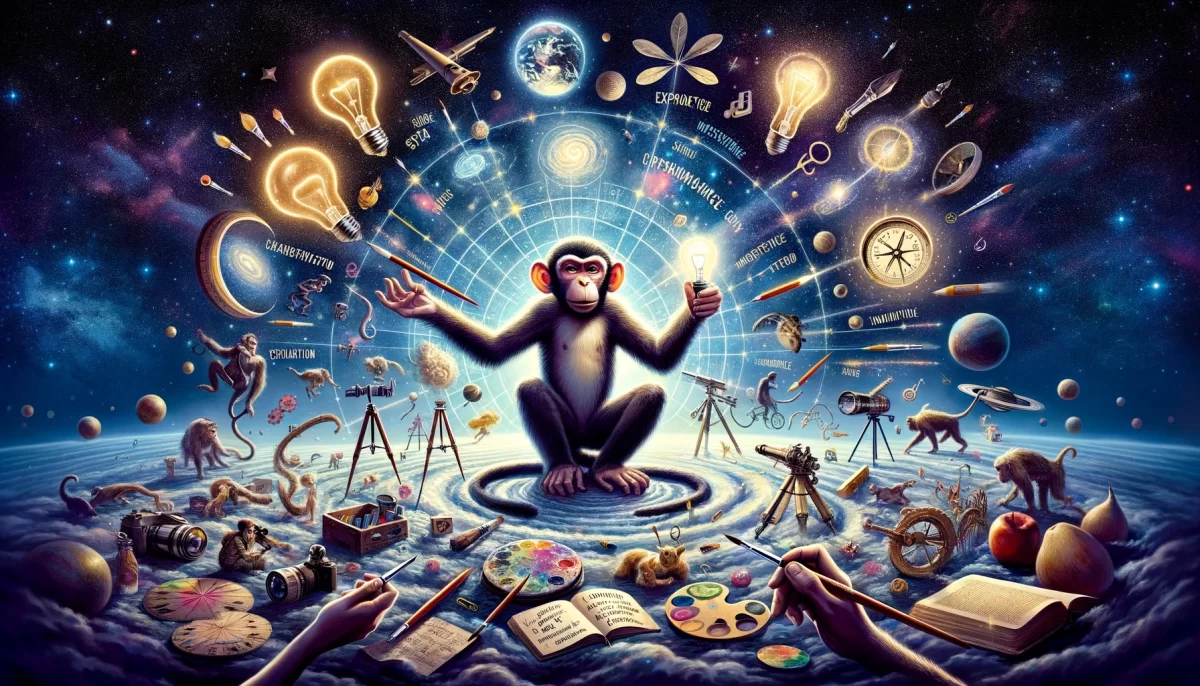
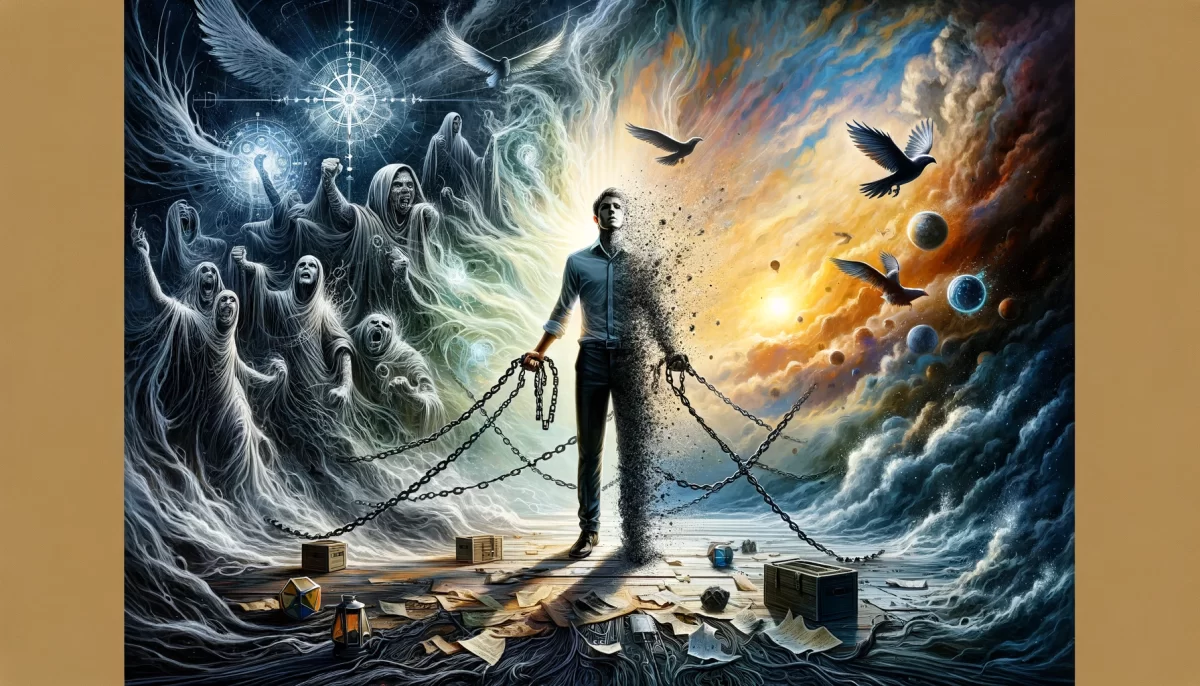
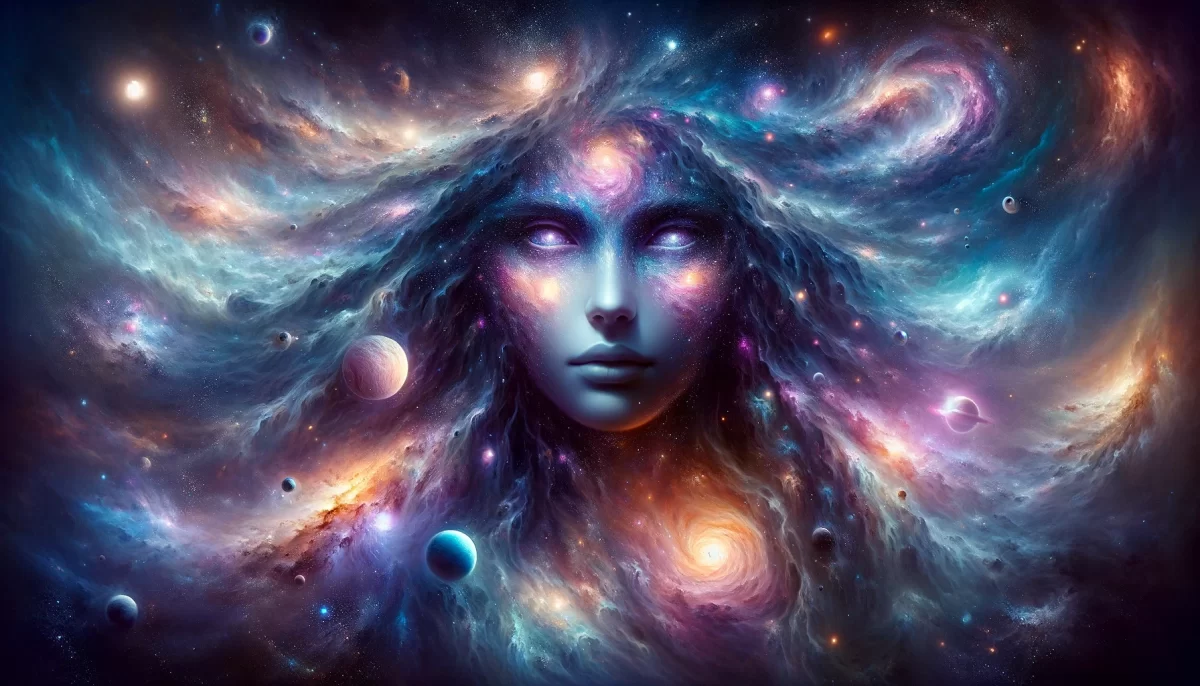
Leave a Reply